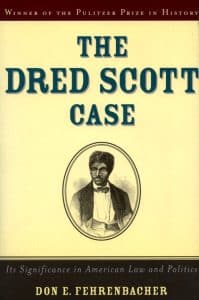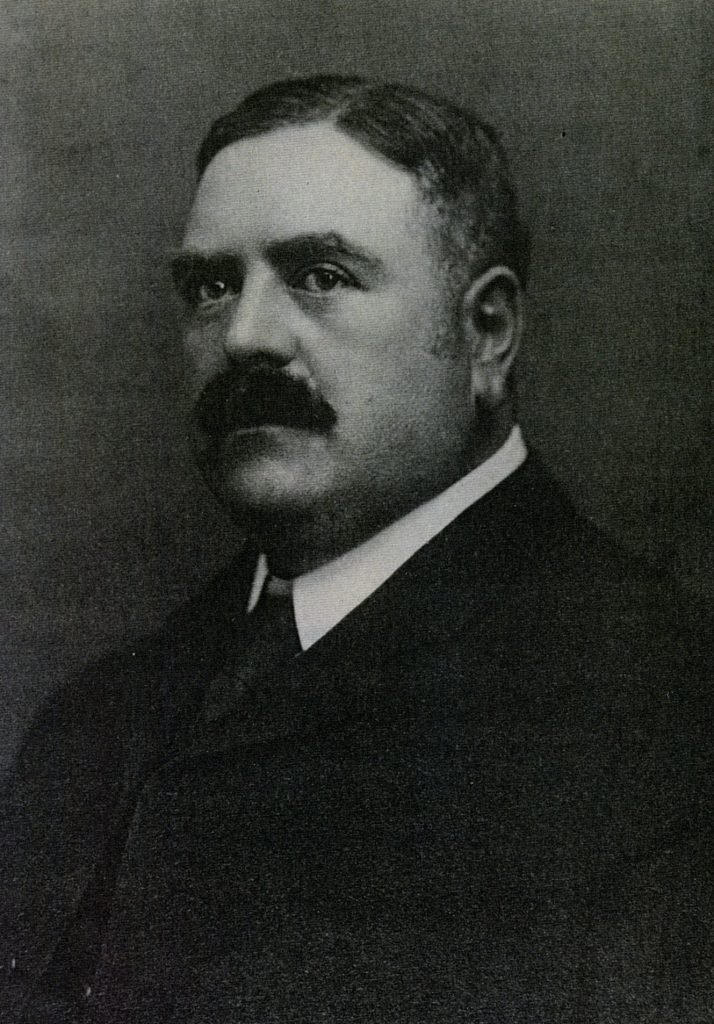by Brenda McCafferty, LASA Archivist
 In April 2022, LASA acquired 1,500 books now comprising the Graham Price Legal History Library. Price’s extensive library helps position our repository as a center for academic scholarly research and comparative study. The range of legal history topics (and publication dates) are extensive, spanning from Biblical times to present day.
In April 2022, LASA acquired 1,500 books now comprising the Graham Price Legal History Library. Price’s extensive library helps position our repository as a center for academic scholarly research and comparative study. The range of legal history topics (and publication dates) are extensive, spanning from Biblical times to present day.
To get the word out, LASA continues to make regular postings highlighting books from the collection and treasures of the written word.
Documented in LASA’s library catalogue are scores of books spanning numerous topics on legal history and from countries, including the gamut of western civilization and Commonwealth nations. LASA’s American legal history collection features prominently on our library shelves.
In recognition of Black History Month, LASA wishes to shine light on an extensive resource of secondary source information concerning the American Civil Rights Movement, the 13th amendment to the American Constitution, and the abolishment of slavery.
Approximately 100 books and biographies related to the following topics include:
- Slavery in America
- Dred Scott v. Sanford case
- Frederick Douglas
- Biographies of President Abraham Lincoln
- Supreme Court history and sources related to the 13th Amendment to the Constitution in 1864
- The Civil Rights Movement in the 1960s led by Dr. Martin Luther King Jr.
- Rosa Parks
- Segregation
- Brown v. Board of Education case
We invite you to visit LASA and utilize our library to learn more.
Case Highlight:
 One book from the collection entitled The Dred Scott Case: Its Significance in American Law and Politics by Don E. Fehrenbacher (Oxford: 1978), won the 1979 Pulitzer Prize in History.
One book from the collection entitled The Dred Scott Case: Its Significance in American Law and Politics by Don E. Fehrenbacher (Oxford: 1978), won the 1979 Pulitzer Prize in History.
The Dred Scott case is widely regarded as the most contentious of all American judicial decisions, delivered by the Supreme Court. It occurred in March 1857, in the wake of the outbreak of the Civil War.
Dred Scott v. Sanford represents the first instance in which the Supreme Court invalidated a major piece of federal legislation. The Supreme Court decision declared that Congress had no power to prohibit slavery in the Southern, Democrat Confederate territories, and struck a severe blow to the legitimacy of the emerging anti-slavery/abolitionist Republican party. The Dred Scott case reviews in detail the legal issues before America prior to the outbreak of the Civil War (1860-1865). The case significance in American law and politics, led to the inclusion of the 13th Amendment to the Constitution of the United States, and the formal abolishment of slavery on April 8, 1864.





